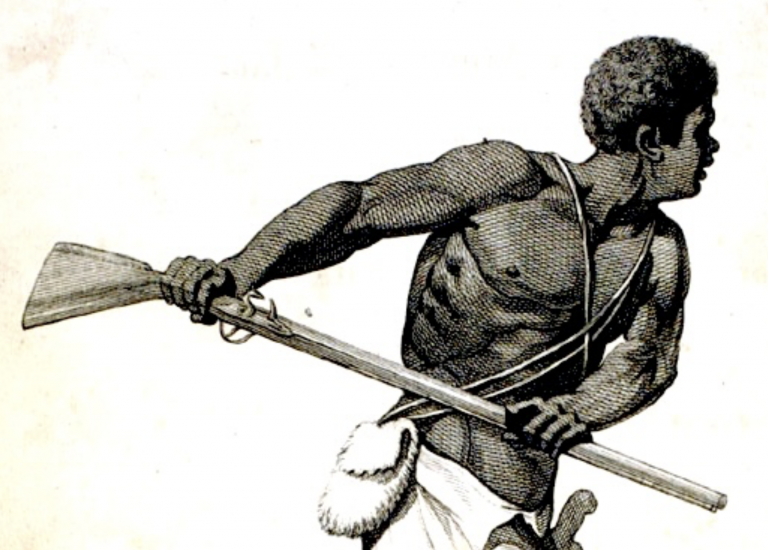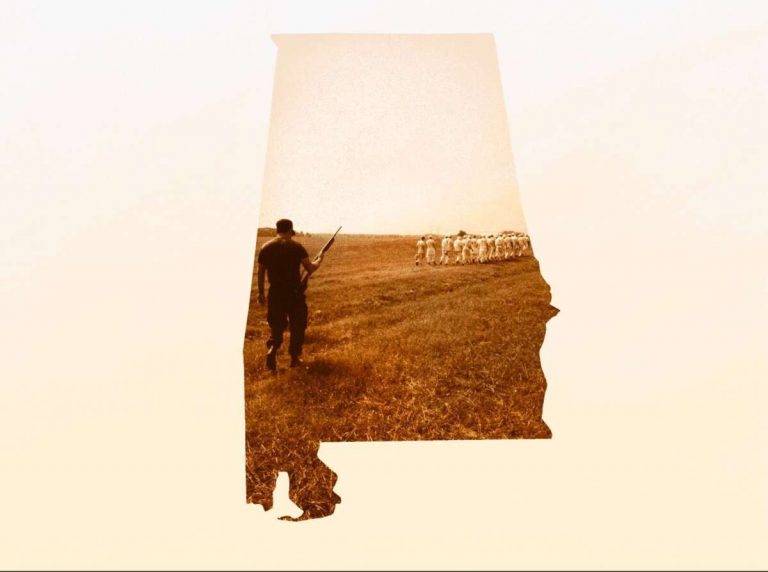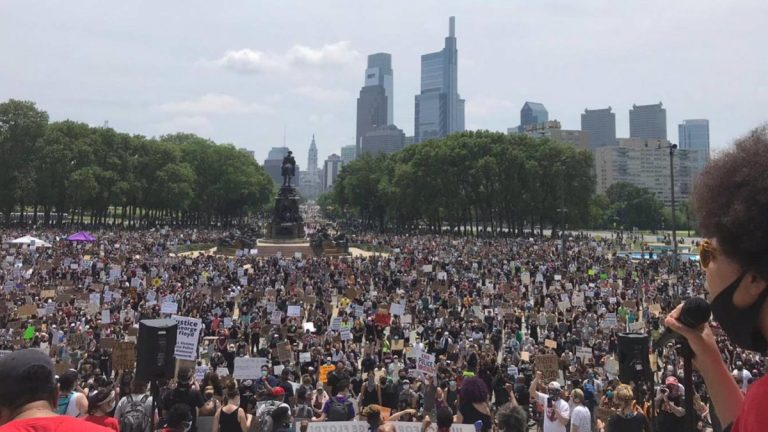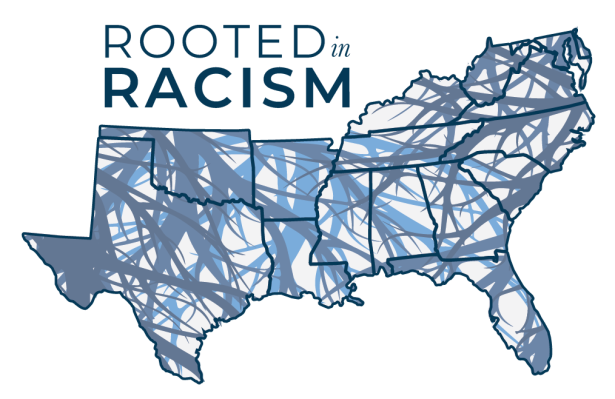A Different Revolution
It’s long past time Americans face the truth about the Founding Fathers. A critique that places events being celebrated on the Fourth of July in a much larger world historical narrative is urgently needed.
The power of empire is not only the power to control land, labor, armies and financial industries, but also to control minds.
The dominion of the U.S. Empire has turned history upside down. It has transformed some of the biggest criminals into heroes. A history that emphasizes the U.S. as an exemplar of democracy and human rights and holds the constitution as sacrosanct is a history that lies by omission and ignores some of the most important events in its story.















